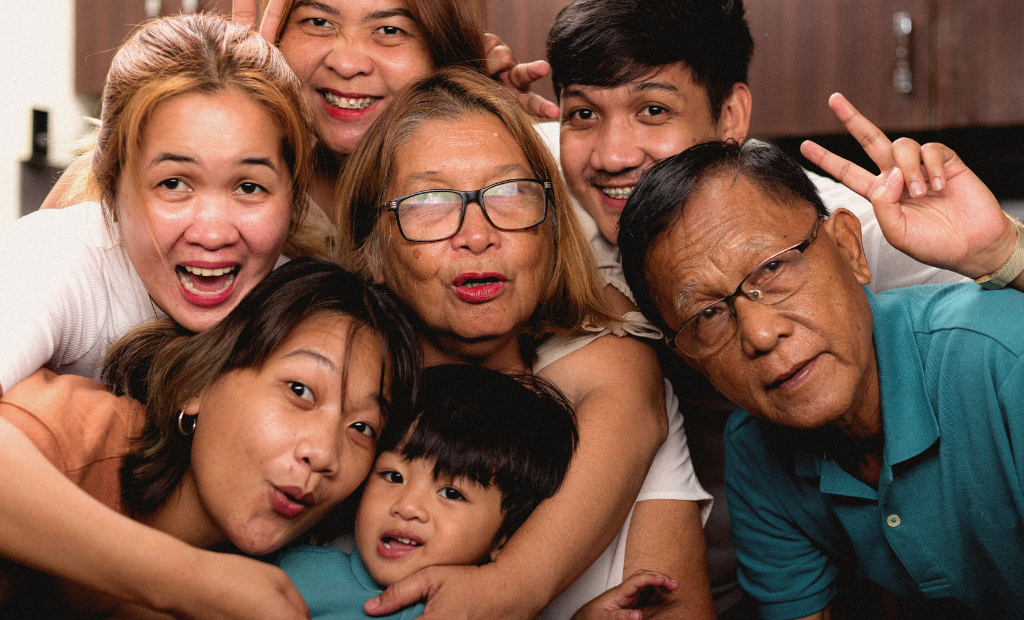7 strategies for improving intergenerational relationships
As part of our efforts to be ‘doing diversity differently’, we are very conscious of how ‘age’ plays a part in the ways we judge ourselves and others.
Age is, in fact, one of the protected characteristics of the Equality Act 2010, which alerts us to the possibility of discrimination, or unfair treatment, happening to us, or others, because we’re part of a particular age group.
That’s why we think it’s very important to promote an understanding of positive generational diversity in our young children.
What is generational diversity?
Generational diversity is defined as the presence and inclusion of individuals belonging to different generations, for example,
- Within families: Children, parents, grandparents, extended family members
- Within the workplace: new employees versus long term employees
What is generational gap and why does it exist?
Generational gap refers to the difference in values and attitudes between one generation and another. These differences occur when older and younger people do not understand one another because of generational differences in communication styles, experiences, beliefs, opinions, habits, and behaviour, to name but a few reasons.
Intergenerational differences can also be triggered if one generation experiences abuse or prejudice. This can often prove difficult to explain to other generations, be they younger or older than the one having experienced the abuse or prejudice. This is because the ‘lived experience’ can never be fully understood by those looking in from the outside.
At the heart of this complex dynamic exists the desire for each generation to be heard, to be understood, and to be loved for being who they are in the moment, irrespective of when they were born
Why are intergenerational connections important?
Intergenerational connections refers to the intentional bringing together of different generations in ongoing and mutually beneficial activities. Maintaining healthy intergenerational connections is important because they have the power to:
- Stimulate friendships, love, and increased self-esteem between generations
- Lead to respect and compassion for one another’s situation
- Reduce feelings of isolation and misunderstanding
- Make everyone feel connected, not only to each other but to something much bigger: to the past, the future, and to the continuous flow of the present moment
- Help the young to feel safe and secure, which in turn leads to increased academic performance, improved social-emotional skills, and a reduction in any behaviour problems
However, because each generation has such unique characteristics, things will not always be smooth sailing; intergenerational differences do frequently happen, quite often with our children becoming innocent casualties. As a result of this type of friction, children can experience high levels of stress, difficulties with attachment, or to disconnect from their extended families and culture.
Is there a way forward?
At the heart of this complex dynamic, exists the desire for each generation to be heard, to be understood, and to be loved for being who they are in the moment, irrespective of when they were born.
If you are interested in nurturing stronger intergenerational relationships, whether at home or in your work setting, you may like to try some of the following strategies.
7 strategies for improving intergenerational relationships
- Keep an open mind and be respectful to one another
- Find common interests do together or to talk about
- Make time for face-to-face communication
- Ask don’t tell!
- Learn to compromise
- Be patient with one another
- Be open to learning from each other
- Demonstrate the power of unconditional love
Dr Clare Seymour
Clare has spent much of her professional career (over 30 years) in international settings. Part of her Doctoral research involved exploring the often hidden aspects of institutional racism. As a result she has a longstanding interest in, and passion for, promoting positive Diversity.
In addition to school music-teaching, Clare also has over 10 years’ experience working as an international music examiner – an understanding and respect for Diversity is so crucially important in every aspect of her practice.



